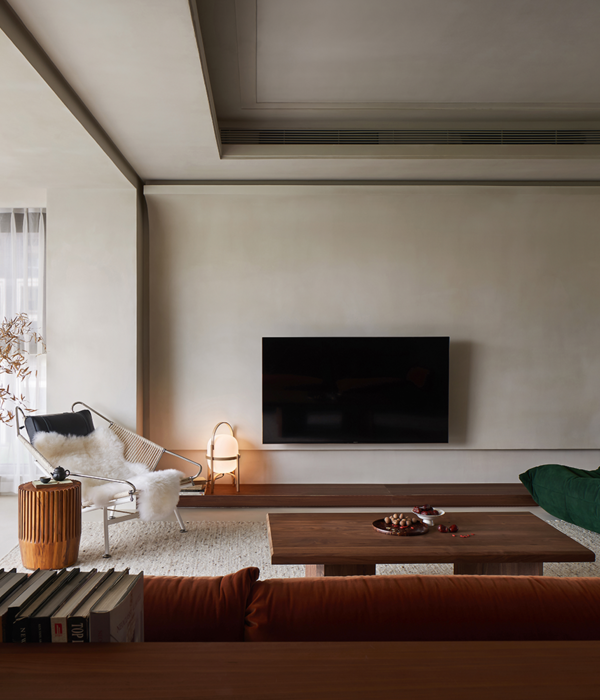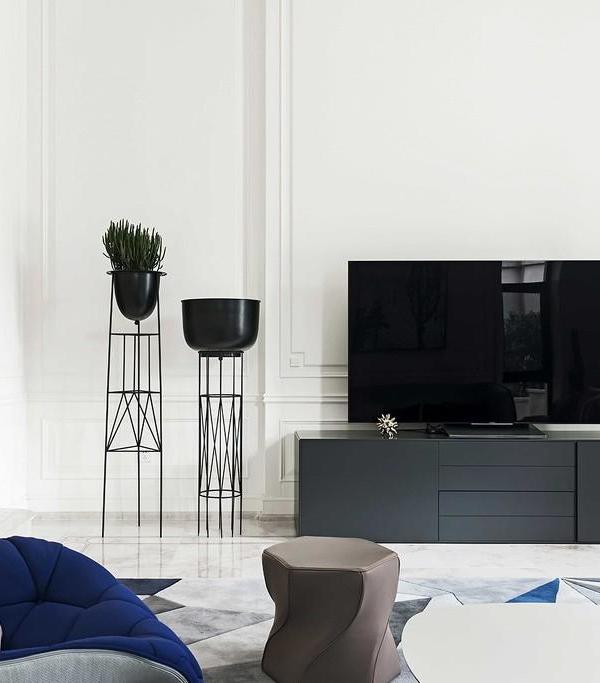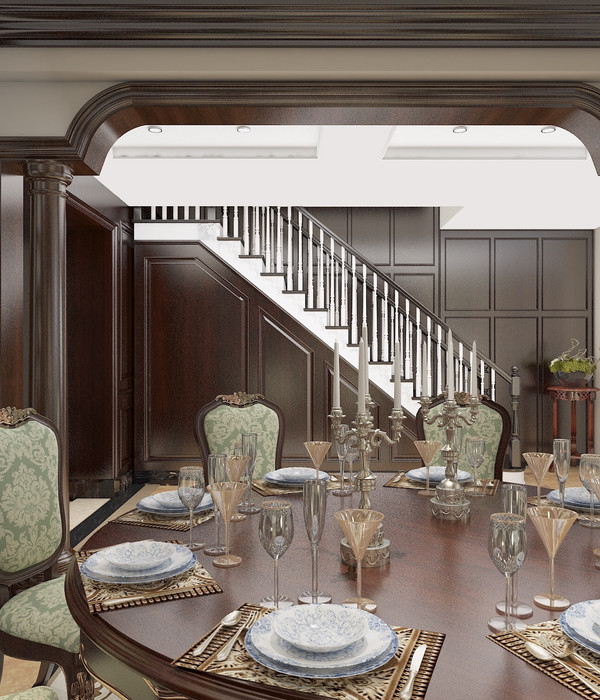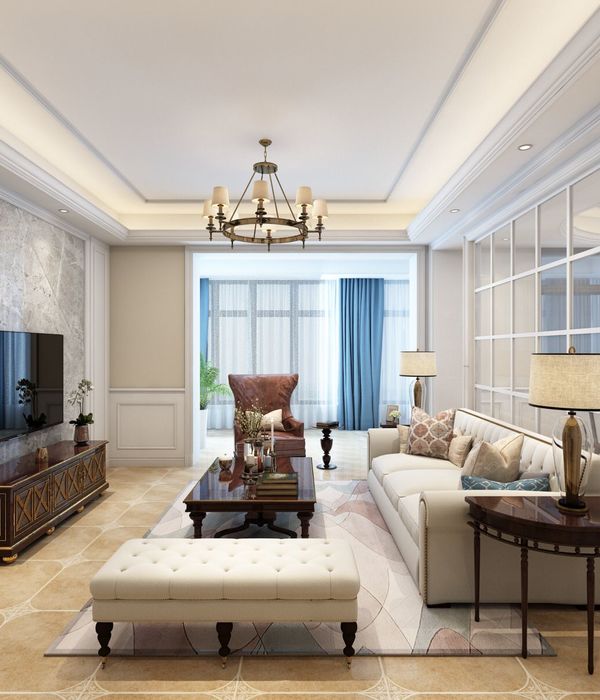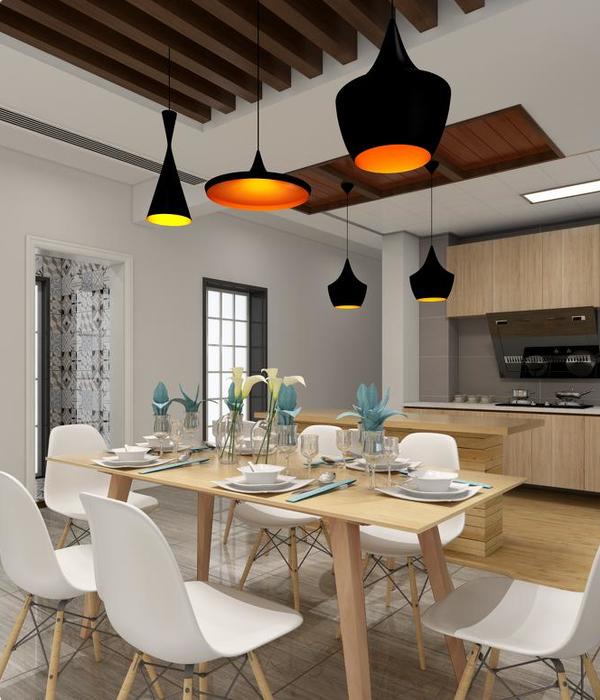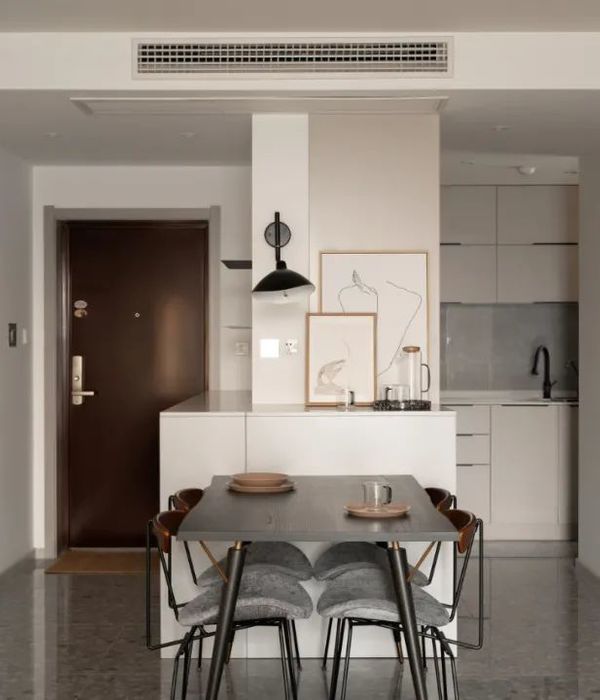架构师提供的文本描述。该项目占地面积27平方米,有9个拐角和曲折的边缘,位于一个自发住宅区内,有许多限制城市管理规定的因素,如允许的楼层数、高度和封闭的阳台。尽管如此,该项目的投资者-房主声称要建造一座能够容纳至少两代家庭的城镇住宅,同时也可以出租以赚取额外收入,以确保长期生活。鉴于越南土地的投资和可用能力有限,仅相当于社会住房使用标准的50%,建筑师必须提供合理的计算和解决办法,才能使“居住机器”(Le Corbuser)按照业主的目的运作。
Text description provided by the architects. The land occupied in this project has the total areas of 27 square meters, with 9 corners and zigzag edges, being located in a spontaneous residential area with many constraints on urban management regulations such as number of floors allowed, height and closed-only balconies. Nevertheless, the project investor – homeowner purports at building a town house that is able to accommodate minimum two generations of the family, while can also be put out to lease for extra income, ensuring long-term living. Given limited investment and usable capacity of land, which equals only 50% of social housing’ usage standard in Vietnam, the architect must provide reasonable calculation and solution in order for “the machine for living” (Le Corbusier) to operate in accordance with the purpose of the owner.
© Quang Tran
3.广川
项目结构分为两部分:
The project structure is divided in two parts:
·租金较低的部分,包括底层和阁楼层:一楼的建筑面积约为24平方米(),另有3平方米的花园和倒退空间。夹层最初是为办公租赁而设计的,但后来可以改建成人儿童专用的房间。
•The lower part for lease, including ground floor and mezzanine level: ground floor has a building area of approximately 24 square meters, together with another 3 square meters for garden and setback space. Mezzanine level is initially designed for office leasing, but can later be remodeled to become a private room for children as adults.
·住宅上部有自己的入口,形成一套独立的公寓:一楼-卧室和阁楼,利用可能的建筑面积的50%,设为厨房和餐饮空间。剩余的区域是客厅,作为天空视野中的一个开放空间。这个二合一的阁楼空间是由两个L形滑动屋顶玻璃组合而成。
•The upper part for residence, with its own entrance, forming an independent apartment: the first floor - bedrooms and the attic floor, utilizing 50% of the possible building area, are set as kitchen and dining space. The residual area is living room as an open space on the sky view. This two-in-one attic space is integrated by two L-shaped sliding roofs made of glass.
© Quang Tran
3.广川
关于内部,空间和物体的大小遵循极简主义的概念。所使用的材料是普通的,价格低廉,需要中位复杂程度和技术,以便有效地节省投资成本。
Regarding interiors, space and objects’ sizes follow minimalist concept. The materials used are common, inexpensive, require median sophistication and techniques so as to effectively economize investment cost.
First Floor
© Quang Tran
3.广川
Second Floor
© Quang Tran
3.广川
因此,建筑师一方面成功地在建筑中实现了可用性、经济性和审美性的平衡。另一方面,为了创造这个项目的艺术印记,建筑师表达了他的隐喻性的想法,就好像这座小城镇的房子正急切地逃离拥挤的城市空间,把建筑融入造纸术中,这对越南的小学生来说是非常熟悉的。房子的结构描述了两层白色和黑色的纸张被粘在一起。被拆开的白色墙壁显示出一个狭窄的“活生生的盒子”,里面有钢制的窗框和黑色的凹墙。其他倾斜的墙壁代表了所有的纸折叠,剪纸和眼泪是简单的,免费的,不太技术性的纸箱艺术。这个小城镇的房子发挥了一个加分,在一个人口稠密的地区,如胡志明市Go Vap区的一个活跃的角落。
Therefore, on one hand, the architect has successfully brought about the balance between usability, economy and aesthetic elements into the architecture. On the other hand, in order to create the artistic imprint for the project, the architect expresses his metaphorical idea as if this small town house is eagerly escaping from the cramped city space, by integrating architecture into paper-crafting art, which is very familiar to primary school students in Vietnam. The house structure describes two layers of white and black paper being glued together. The white walls being torn apart reveals a cramped "living box" with steel window casings, and recessed walls in black. Other slanted walls represent all the paper folds, cuttings, and tears that are simple, free and not too technical of paper-crating art. This small town house plays a plus point, contributing to a lively corner of a densely populated district like Go Vap District, Ho Chi Minh City.
© Quang Tran
3.广川
Architects NatureArch Studio
Location Gò Vấp, Vietnam
Category Houses
Design Thien Le Tu
Area 27.0 m2
Project Year 2017
Photographs Quang Tran
Manufacturers Loading...
{{item.text_origin}}

